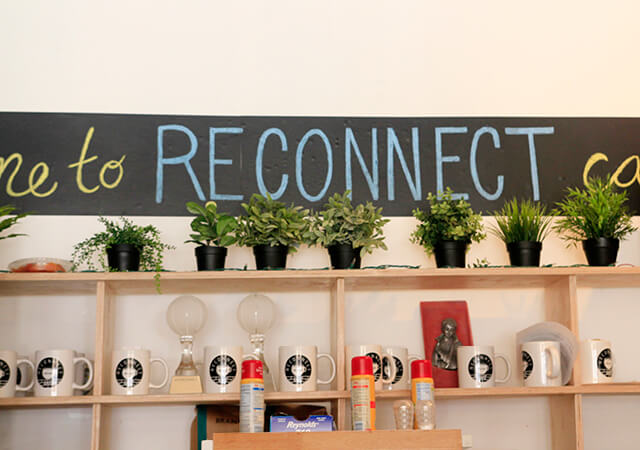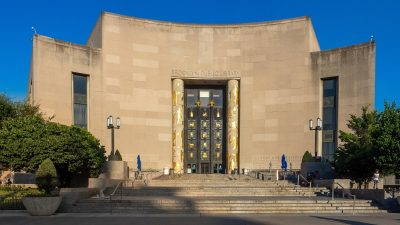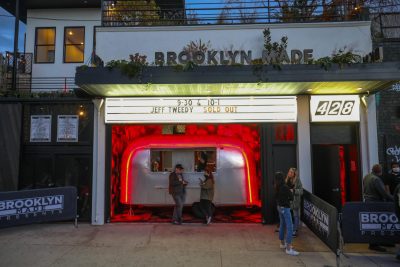Reconnect Cafe: Creating A Better Future Through Entrepreneurship

No. 10
Reconnect Cafe
Creating A Better Future Through Entrepreneurship
How can you create a place in the world for yourself? Even harder: how can you do it when the world is resistant? Father Jim O’Shea, a Catholic priest in Bed-Stuy, would ponder that question after Sunday sermons at Our Lady of Montserrat Church. For a dozen years, he’d seen black youths in the neighborhood struggling with violence, institutional racism, and aimlessness, their gifts and spirit atrophying before they could vote. “The critical issue in the neighborhood was the outcome of its young people,” he says. “It’s unusual to go to college, to succeed in life.”
How can you meet the demands of a community? After Our Lady of Montserrat was closed in 2010, O’Shea founded Reconnect, a non-profit initiative that works with young men in Brooklyn to create a better future through entrepreneurship. The idea was to give at-risk youth in Bed-Stuy a different opportunity, one where they could use their skills and savvy to market something and feel good about it. They started with vegetable stands, Christmas trees, and holiday baskets. “The institutions here didn’t mediate goodness,” O’Shea says. “The world mediates who you are. But the world hasn’t really been a friendly place.”
How, then, to create institutions that change this? Last December, Reconnect opened a cafe and bakery on Tompkins and Vernon. “For a lot of these guys, it’s their first real job,” says Kia Albertson-Rogers, Reconnect’s communications manager. The cafe creates “a culture of being a working person that is transferrable to a bunch of other things.”
Albertson-Rogers was searching for something when he joined Reconnect, too. A musician who grew up in Christchurch, New Zealand, he was working a thankless recording industry job out of college. Now, he says, he’s exhausted at the end of each day—“but I love it.”
It’s not enough to just serve a good cause—everyone at Reconnect wants the cafe to stand on its own as a place to socialize and grab a good cup of coffee. (It does.) Albertson-Rogers says that many of Reconnect’s customers have “no idea” about the cafe’s social function. “We want it to serve as a connector between the people coming into the neighborhood and the guys who are from here,” he says.
The cafe, O’Shea says, “connects across all the ways that traditionally divide us—race, class, education.” He sees it as the pilot project in creating a “youth enterprise zone,” which takes as its aim the development of a mutually beneficial model of economic change for gentrifying neighborhoods. “Typically, we just put cops on corners and that’s the extent of engagement.” This model, meanwhile, is modular. It’s pretty simple, too. “If we treat people as problems, they tend to stay problems,” O’Shea says. “Instead of labeling someone a thug, we call
them entrepreneurs.”
You might also like 



















